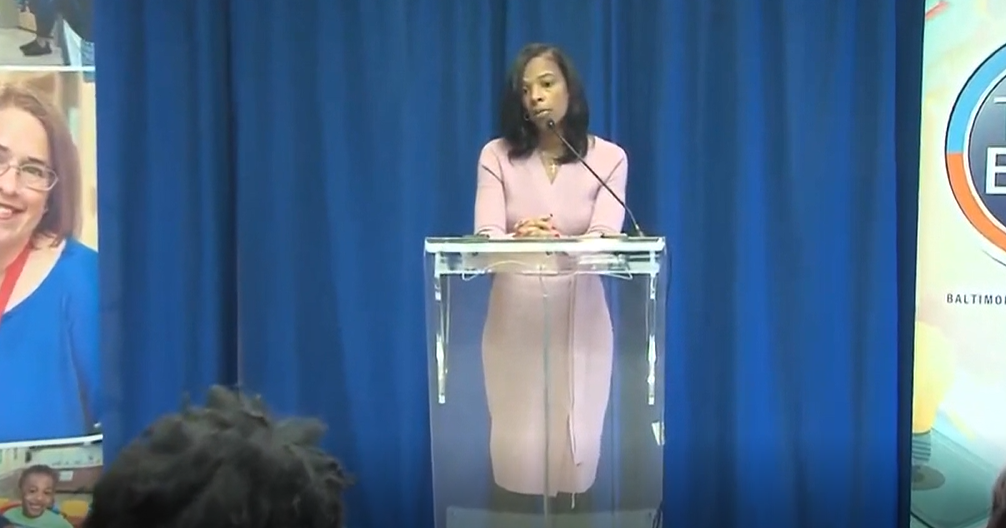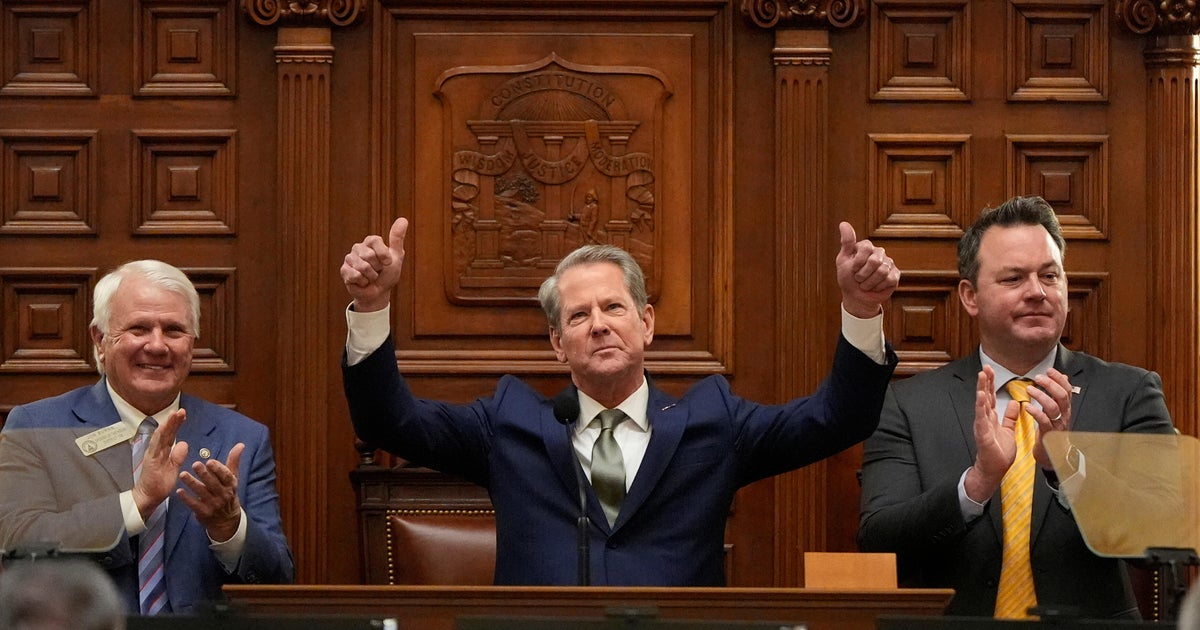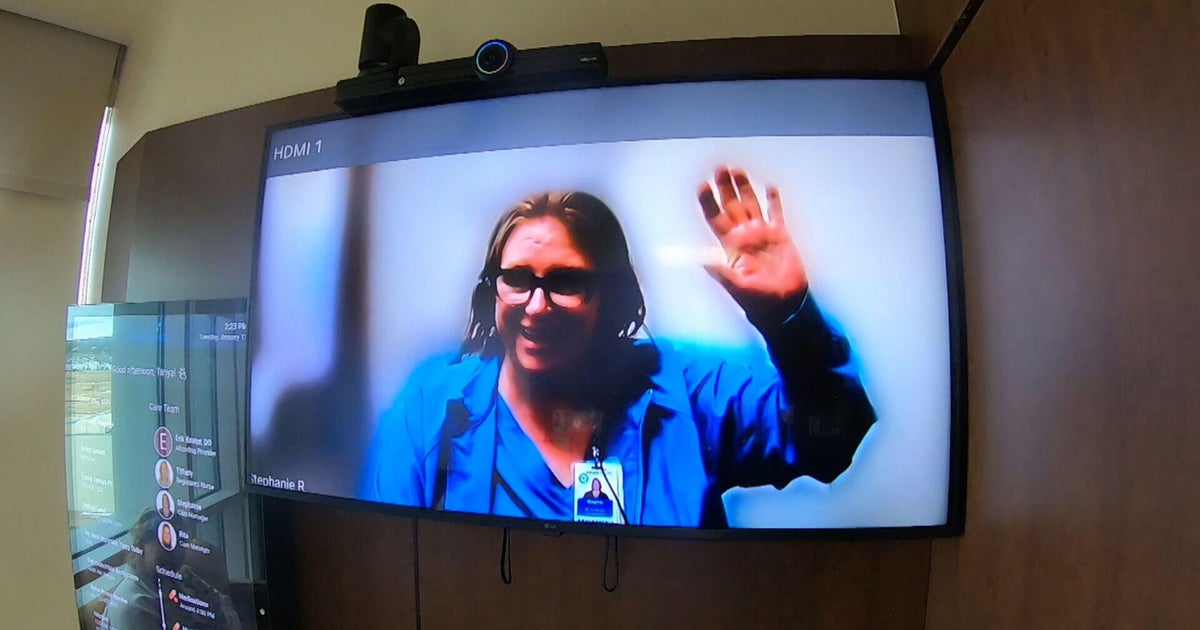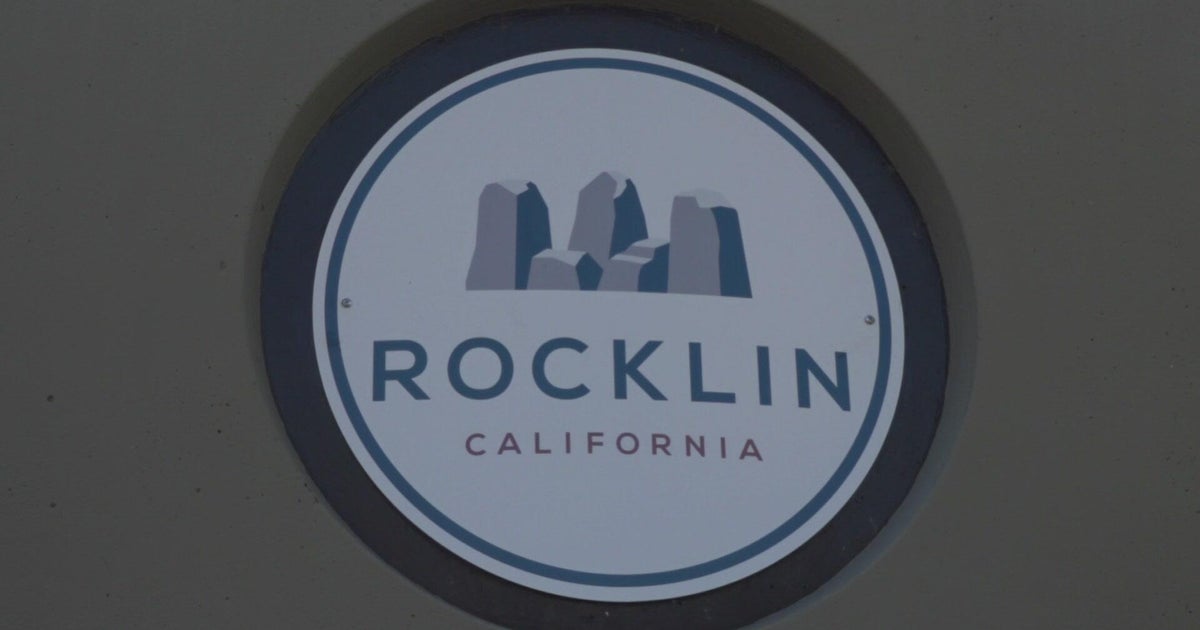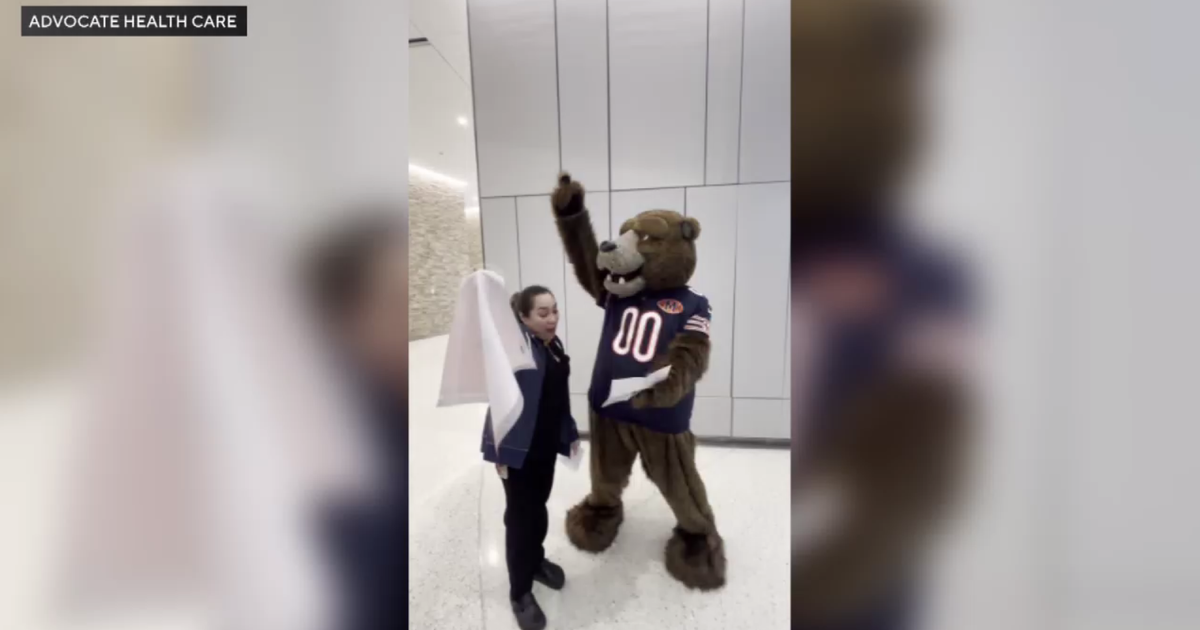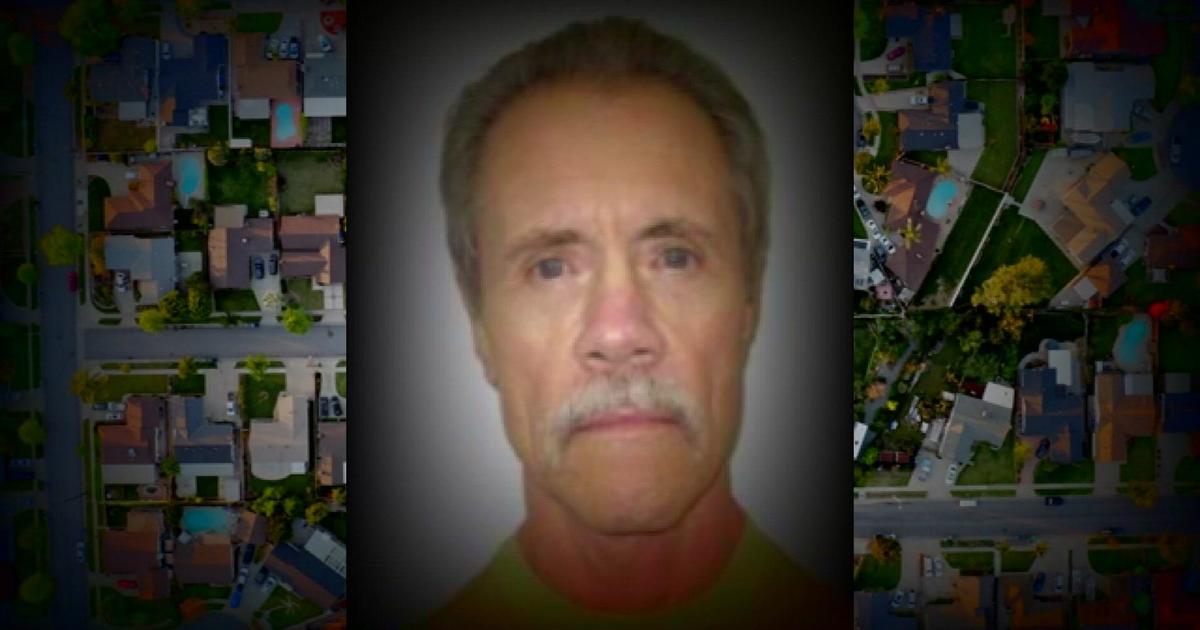Patients Pick Apart Proposed New Jersey Medical Pot Rules
TRENTON, N.J. (CBSNewYork/AP) -- Patients and caregivers say New Jersey should rework the state's plan to regulate medical marijuana.
They spoke up at a state Health Department hearing Monday.
It's been more than a year since the state passed a law to allow patients with certain conditions to use marijuana. Since then, the administration of Gov. Chris Christie has pushed back implementation to craft rules for the program.
Without rules in place, no patients have legal access.
The frustrations of patients and caregivers came through as they told Health Department officials that they object to the state's proposed limits on potency of the medical cannabis, requirements for physicians to go through more training before recommending the drug, and the $200 fee for patients to register for the program. The fee would cover two years; patients on state or federal assistance programs could register for $20.
Ken Wolski, the director of the Coalition of Medical Marijuana New Jersey, said he feared the hearing was merely an "exercise in due diligence."
The state employees at the hearing did not answer or ask questions.
Prospective patients told how the marijuana that they use -- illegally now -- eases symptoms from conditions including wasting diseases, HIV and Crohn's disease. The group of activists, many of whom have come to know one another through pro-medical marijuana groups and similar hearings before the Legislature, cheered themselves on.
David Sims, a military veteran, says he uses pot to tamp down the post-traumatic stress disorder he's been dealing with for four decades.
"Millions of people are using it illegally. Let them stop being criminals," said Sims, of Wall. "They just want to smoke something because they feel like biting a nail in half. These people are hardworking people, they're decent people. They're just trying to getting through the day."
Sandra Faiola, a multiple sclerosis patient, said she's upset that alternative treatment centers would not be able to offer home delivery of pot and that "it's just wrong" that caregivers would have to pay $200 for a license to pick up pot for registered patients. Like low-income patients, low-income caregivers could also qualify for $20 identification cards.
"I would rather wait until regulations are created rather than see a program with these problems," she said.
Two Health Department employees sent as hearing officers sat stoically through the session, rarely changing their expressions or even sipping the coffee or water they'd brought. They heard from a couple whose son died of a rare form of cancer but found some relief from pot before he died; from a patient who said doctors are shying away from recommending marijuana because they fear the restrictive proposed regulations; and from a prospective grower who complained that it might be impossible to grow pot that meets the potency restrictions.
Anne Davis, the executive director of the New Jersey chapter of the National Organization to Reform Marijuana Laws, spoke directly to the hearing officers.
"You said no questions today but I have one. Do you hear them?" she asked. "You guys have an obligation to these patients that are here. I'm going to ask you one thing and that is some courage to stand up to the Christie administration."
Only one speaker out of dozens defended any part of the proposed regulations. That was Raj Mukherji, who was representing the Compassionate Care Center of America Foundation, a group that wants to open a center to distribute medical pot. But even he quibbled with the proposed rule that each center could grow and sell only three strains of marijuana.
The Christie administration could change the proposed rules after the public comment period ends April 24.
In the meantime, lawmakers are considering a vote to require a rewrite of the proposed regulations. The Legislature has already declared the rules don't follow the legislative intent. No vote has been scheduled on the possible next step, though.
(TM and Copyright 2011 CBS Radio Inc. and its relevant subsidiaries. CBS RADIO and EYE Logo TM and Copyright 2011 CBS Broadcasting Inc. Used under license. All Rights Reserved. This material may not be published, broadcast, rewritten, or redistributed. The Associated Press contributed to this report.)

